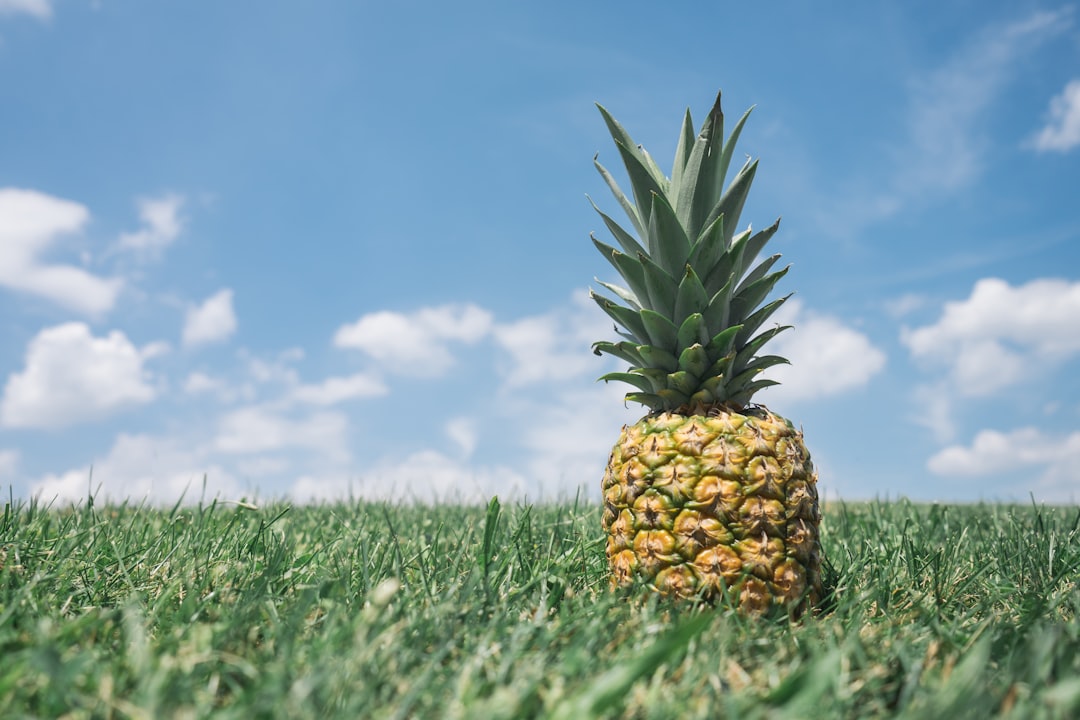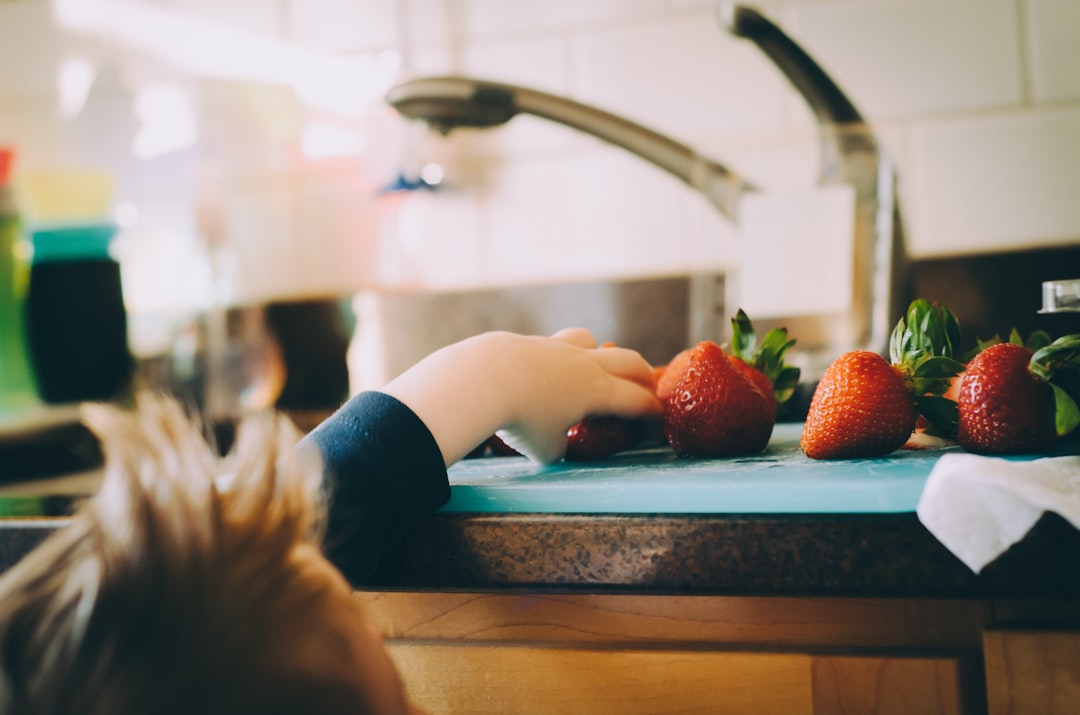An In-Depth Look On Why Organic Food Is A Hot Trend
Eating organic is currently the hottest trend that hit food during the last few years. With people growing largely concerned with health issues arising from genetically altered food, people are resorting to a more natural approach to get their food. Couple that with rising ethical issues regarding the treatment and future viability of both plants and animals, and the call for an organic approach doesn’t only have the potential to be a boon to mankind, but could be an Destruction of our ecosystems and the world as we know it.
But why even bother? With modern farming methods, as well as the addition of synthetic and semi-synthetic products, our food sources are losing their nutritional value faster than they can be lost. Broccoli and avocados don’t hold back the chemicals so you can taste it, kale and spinach contain more than a few, and so on. But then, as they say, the proof is in the taste. And as far as taste goes, organic produce is on a whole much better. Here are just a few examples of why organic food is tastier than traditionally grown:

What is generally accepted as the case for organically grown food is that it is healthier, tastier, and definitely more environmentally friendly. Other benefits of organic food Superstations the ones mentioned above, and so on. Here are just a few:
Compared to its traditionally grown counter parts, organic food is much stronger in its health benefits, which is why most people of organic approach wants to get more of their daily dose.
Compared to its traditionally grown farm and animal products, organic food is much richer in flavor, texture and colors.
Different types of organic food allow you to control what goes into it. With organic food, you are able to get it from the actual farm, and not just a cheerfully processed food factory.
And you will certainly get a much more nutritious meal as well. Normally, you will stick to a limited selection of fruits and veggies grown in your particular area, but with organic foods, you can actually go for an organic meal and it will be a much healthier and tastier product.
Farmers are keen on offering organic food to their land, but they face a problem. Once their organic growing is done, they can’t forget about it. So they sell it on to a supermarket, gas station, etc. In essence, they sell something that they have grown on their own, and they don’t want customers to know they aren’t actually farming according to sustainable and humane standards.
That’s why you will sometimes find farm to table restaurants which essentially function as transfer stations for ready to eat food. Organic first, of course, refers to food that is grown without pesticides, hormones, or other artificially modified chemicals. It is good for you, but the best way to ensure that what you eat is truly organic is to buy from local people who raise the animals themselves.
One of the biggest myths about organic food is that you have to pay more for it. This is simply not true. The cost of organic food is comparable to any other consumer food, and even to traditionally grown foods. The only thing that’s different is the high amount of time and effort that the farmers have to put in.
The USDA guidelines for organically raised livestock states that animals must be able to cope with organic food fairly well. They must be able to remember what they’ve been fed, and this will mean less feed for them. They must also be able to find and eat their own food with its natural seasons and be able to do what they were meant to do, without having to worry about anything.
One other thing about organic food is that the soil and food that are grown on it is able to be used infinitely long without potentially damaging the surrounding environment. Basically, the concept of Organic is food which doesn’t harm the environment, and will help food crops grow for many generations to come.
The major advantage of having a smaller carbon footprint is that you won’t end up using nearly as much energy as you normally would when you buy your groceries.
Ustainable seafood
In line with the whole idea of buying organic food, is that you are helping to protect the world’s fish supplies. By buying seafood from areas where fishing is traditionally done, you are not only helping keep wild fish populations healthy – you will also help reduce the amount of environmental damage caused by traditional fishing methods.
In theartisan way
One thing that you will notice about organic food is that it is made by very talented and dedicated chefs. The art of preparing organic food is very much in keeping with the philosophy of organicThenie, as many of these chefs have a background in organic foods.



